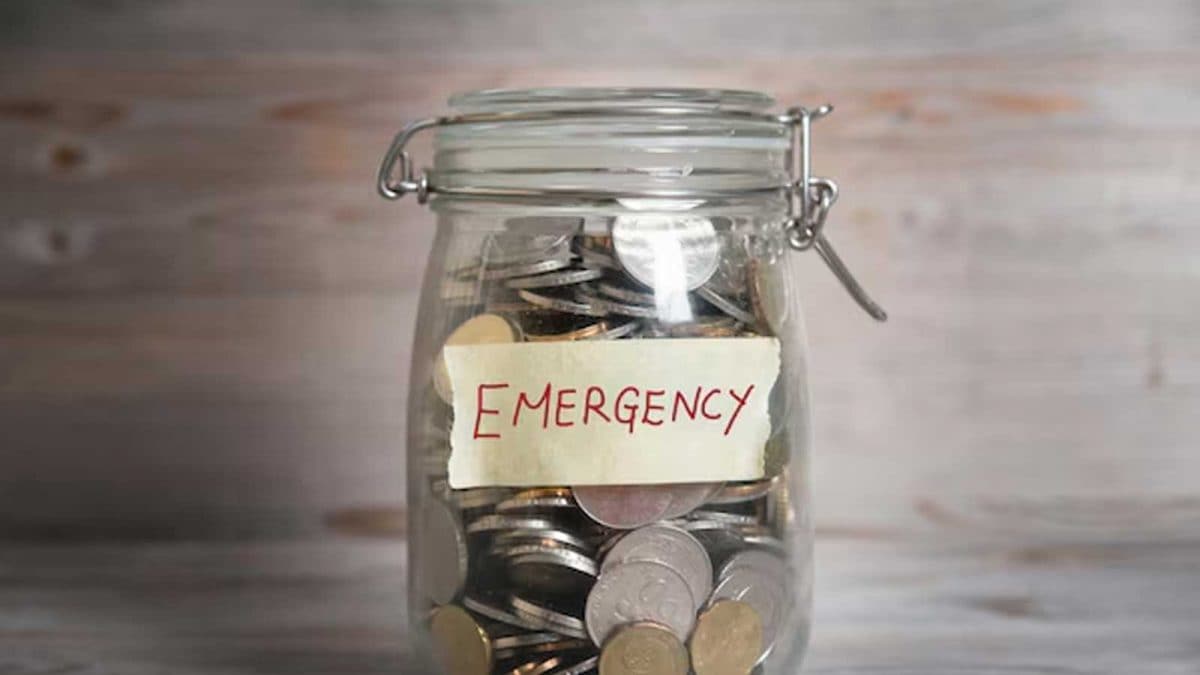Last Updated:
You must calculate your expenses to know how big your emergency fund should be.

An emergency fund provides safety during financially tough times. (Photo Source: Freepik)
Financial planning is one of the most important aspects of modern life. To make your money work for you, one of the things you can do is to make investments in different assets. For example, to get safe and secure returns, you can invest in fixed deposits. On the other hand, you can invest in mutual funds to get higher returns while taking some risks.
However, before making investments, it is important to create an emergency fund. It provides a crucial safety net in difficult times. Let’s see why an emergency fund should come before any investment and how it can safeguard your financial future.
Why Is An Emergency Fund Important Before Investing?
1. Protects You from Financial Shocks
You cannot predict life. A sudden illness, a car breakdown or a job loss can derail your finances if you’re unprepared. Without an emergency fund, you might be forced to sell your investments or take high-interest loans.
An emergency fund ensures you can handle these shocks without disrupting your long-term investment plans.
2. Avoids Debt Trap
In India, borrowing from relatives or taking out loans is a common response to financial emergencies. However, loans come with high interest rates, and borrowing from family can strain relationships.
This can lead to a debt trap, affecting your credit score and financial health. An emergency fund helps you stay debt-free while your investments continue to grow.
3. Gives You Peace of Mind
Financial stress can damage your productivity and mental health. In India, where societal pressures and family obligations can add to financial burdens, having an emergency fund provides peace of mind. Further, if you have a year’s worth of expenses saved up, it allows you to invest with confidence.
4. Liquidity During Market Volatility
Investments, particularly in equity markets, go through ups and downs. In times of market downturns, having an emergency fund means you can avoid selling assets at a loss. It provides the liquidity you need to sustain yourself through volatile periods.
5. Supports Disciplined Investing
If an emergency forces you to withdraw from your investments, it disrupts your financial goals and breaks the power of compounding. An emergency fund ensures you stay committed to your investment plan.
To conclude, an emergency fund protects you from life’s uncertainties, prevents debt and allows you to invest with confidence. You must prioritise building an emergency fund that covers six to twelve months of expenses before you start investing.
A team of writers and reporters decodes vast terms of personal finance and making money matters simpler for you. From latest initial public offerings (IPOs) in the market to best investment options, we cover al…Read More
A team of writers and reporters decodes vast terms of personal finance and making money matters simpler for you. From latest initial public offerings (IPOs) in the market to best investment options, we cover al… Read More
view comments
- Location :
Delhi, India, India
Read More







